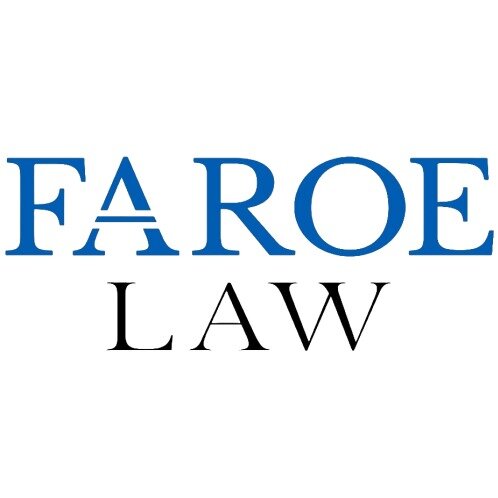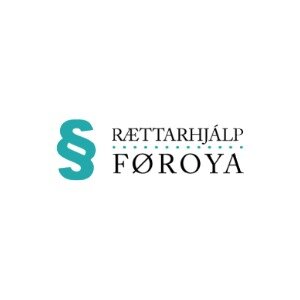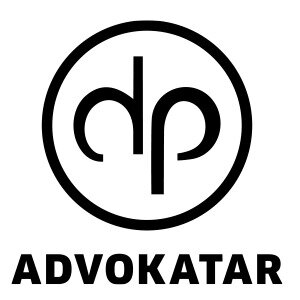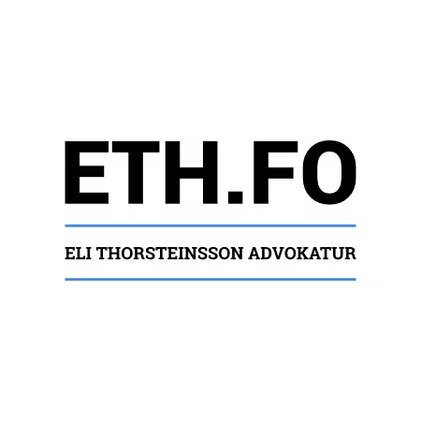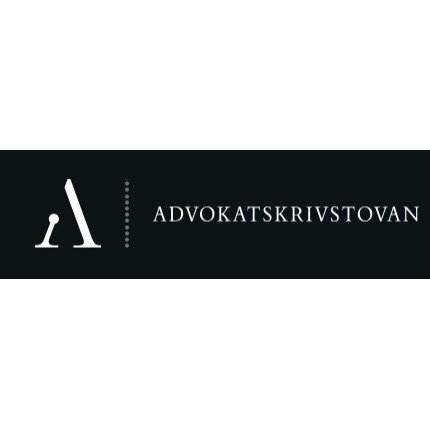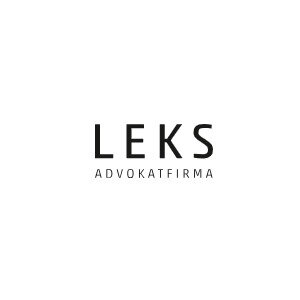Best Renewable & Alternative Energy Lawyers in Faroe Islands
Share your needs with us, get contacted by law firms.
Free. Takes 2 min.
Or refine your search by selecting a city:
List of the best lawyers in Faroe Islands
About Renewable & Alternative Energy Law in Faroe Islands
The Faroe Islands, situated in the North Atlantic between Norway and Iceland, have made significant investments in renewable and alternative energy technologies to reduce reliance on imported fossil fuels. The local government promotes the transition to sustainable energy sources such as hydroelectric, wind, and tidal power. Legislation in the Faroe Islands aims to balance environmental protection, the interests of utility companies, and the needs of residents and businesses seeking to develop or benefit from alternative energy solutions. The legal framework is focused on ensuring that energy projects are environmentally responsible, economically viable, and integrated with the islands' unique ecosystem.
Why You May Need a Lawyer
Legal assistance is often crucial when navigating the complexities of renewable and alternative energy regulations. You may need a lawyer if you are:
- Developing a new renewable energy project and need help with permits or compliance
- Negotiating land leases or purchase agreements for wind, hydro, or solar sites
- Addressing disputes with utility providers or contractors
- Applying for government incentives, funding, or licenses
- Understanding your rights and obligations as an investor or producer in renewable energy
- Dealing with environmental impact assessments or public consultations
- Reviewing power purchase agreements or contracts
Given the technical and regulatory nature of these projects, legal counsel can help you avoid costly errors, streamline the approval process, and ensure your interests are protected.
Local Laws Overview
Renewable and alternative energy in the Faroe Islands is governed by a mix of local regulations, government energy strategies, and environmental protection laws. Key aspects include:
- The Energy Act, setting targets for reducing fossil fuel use and promoting renewables
- Licensing and permitting requirements for building and operating renewable energy installations, such as wind turbines, hydroelectric plants, and tidal generators
- Environmental Impact Assessment (EIA) regulations, which mandate thorough evaluation of possible ecological effects
- Laws regarding grid access, including terms for connecting privately produced power to the national grid
- Incentive schemes, subsidies, and government grants for investors and households investing in alternative energy systems
- Transparency mandates, ensuring public involvement in major energy infrastructure decisions
- Special rules for energy projects in protected or sensitive environmental areas
Understanding how these laws interact, and the specific requirements for each type of project, is essential for compliance and success in the field.
Frequently Asked Questions
What types of renewable energy are most common in the Faroe Islands?
The most common sources are hydroelectric, wind, and tidal energy. The Faroe Islands benefit from abundant rainfall and wind, making hydro and wind power particularly prominent.
Do I need a permit to install a small wind turbine or solar panels on my property?
Yes, permits are generally required for both residential and commercial installations. The process depends on the size, location, and type of system. You may also need to complete an environmental impact assessment.
Are there incentives for investing in renewable energy in the Faroe Islands?
The government offers various financial incentives, grants, and tax breaks to encourage the adoption of renewable technologies. The specific incentives available can depend on the scale and type of your project.
How do environmental protection laws affect renewable energy projects?
Projects must comply with strict environmental standards, including EIAs and measures to minimize impact on wildlife and natural habitats. Failure to meet these requirements can result in delays or denial of approvals.
Can families or small businesses sell excess electricity back to the grid?
Yes, under certain conditions. There are regulations governing how private producers can connect to the national grid and the rates at which electricity can be sold.
What role does SEV, the national energy provider, play in the renewable energy sector?
SEV owns and operates most of the energy infrastructure and is a key partner for anyone seeking to develop renewable energy projects. All grid connections and power purchase agreements generally involve SEV.
Who enforces renewable energy and environmental regulations in the Faroe Islands?
Local government departments, mainly the Ministry of Environment, Industry and Trade, are responsible for enforcing these regulations, often in collaboration with environmental agencies.
Can foreigners invest in or develop renewable energy projects in the Faroe Islands?
Yes, but there are additional regulatory requirements and potential restrictions regarding land ownership and business registration that must be addressed.
What are the penalties for non-compliance with renewable energy laws?
Penalties can include fines, suspension or revocation of licenses, and mandatory remediation of environmental damage. Legal guidance is recommended to avoid or address compliance issues.
Is public input required for new renewable energy developments?
Yes, major projects typically require a period of public consultation and feedback, especially during the EIA stage.
Additional Resources
If you need further information or support regarding renewable and alternative energy legal matters in the Faroe Islands, consider contacting the following:
- Ministry of Environment, Industry and Trade - for regulatory frameworks and permits
- SEV (national energy provider) - for grid connection, technical standards, and tariffs
- Faroese Environment Agency - for environmental impacts and EIAs
- Municipal Government Offices - for local land use and building regulations
- Faroese Chamber of Commerce - for business and investment advice
You may also wish to consult with professional associations or organizations dedicated to sustainable development and green energy to stay updated with industry best practices.
Next Steps
If you believe you need legal assistance in the field of renewable and alternative energy in the Faroe Islands, start by gathering all relevant documents and information on your project or concern. Identify the regulatory stage of your development, including which permits or assessments may be required. Then, reach out to a local lawyer specializing in energy or environmental law. Consultations can help you clarify your legal position, understand your responsibilities, and map out a strategy for compliance or dispute resolution. Being proactive in seeking legal guidance will help you avoid delays and ensure your project aligns with all relevant laws.
Lawzana helps you find the best lawyers and law firms in Faroe Islands through a curated and pre-screened list of qualified legal professionals. Our platform offers rankings and detailed profiles of attorneys and law firms, allowing you to compare based on practice areas, including Renewable & Alternative Energy, experience, and client feedback.
Each profile includes a description of the firm's areas of practice, client reviews, team members and partners, year of establishment, spoken languages, office locations, contact information, social media presence, and any published articles or resources. Most firms on our platform speak English and are experienced in both local and international legal matters.
Get a quote from top-rated law firms in Faroe Islands — quickly, securely, and without unnecessary hassle.
Disclaimer:
The information provided on this page is for general informational purposes only and does not constitute legal advice. While we strive to ensure the accuracy and relevance of the content, legal information may change over time, and interpretations of the law can vary. You should always consult with a qualified legal professional for advice specific to your situation.
We disclaim all liability for actions taken or not taken based on the content of this page. If you believe any information is incorrect or outdated, please contact us, and we will review and update it where appropriate.
Browse renewable & alternative energy law firms by city in Faroe Islands
Refine your search by selecting a city.



